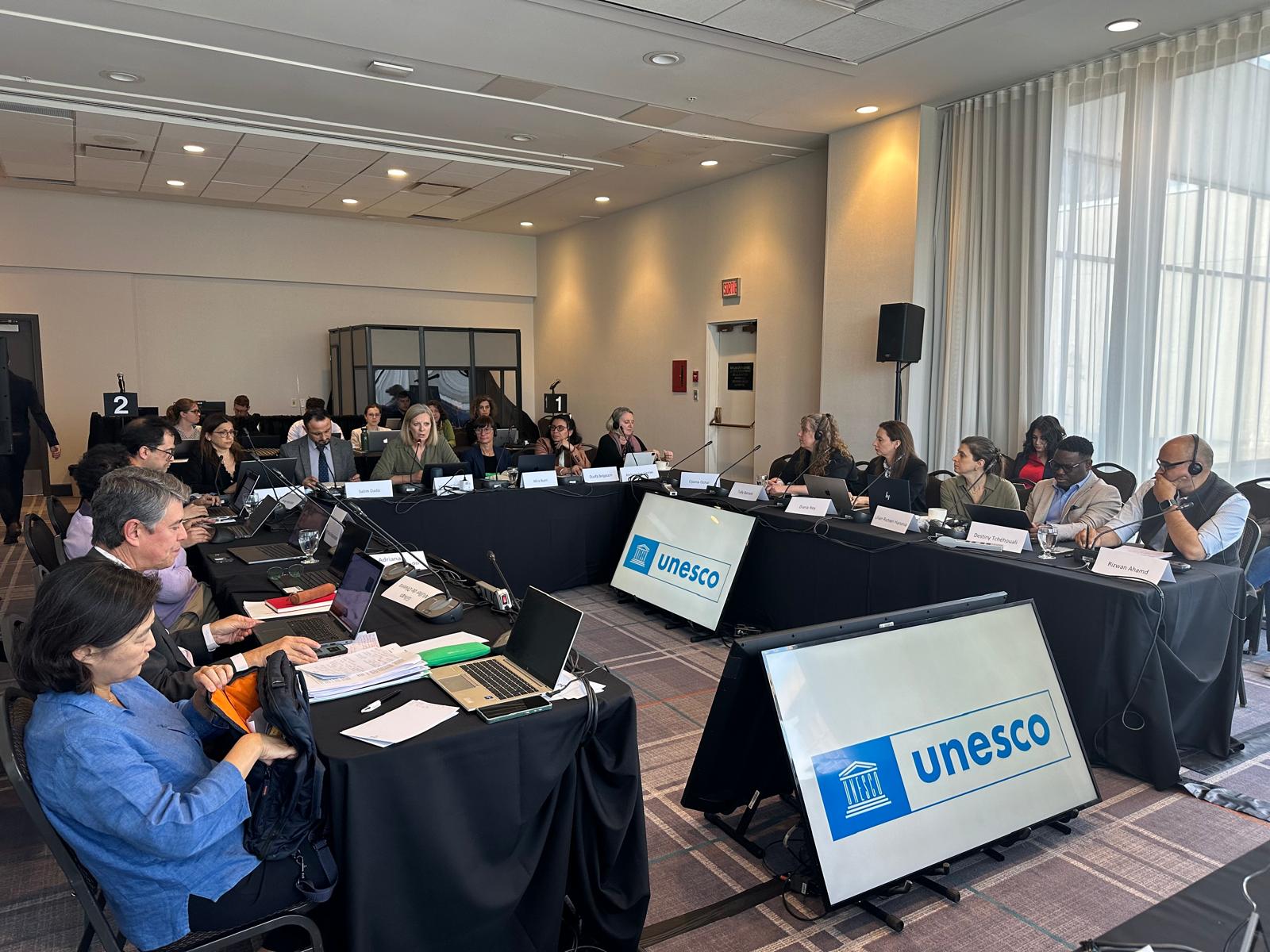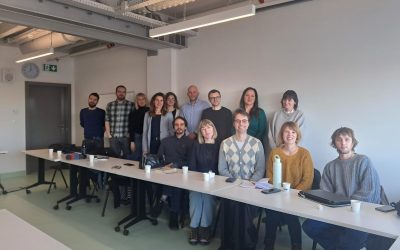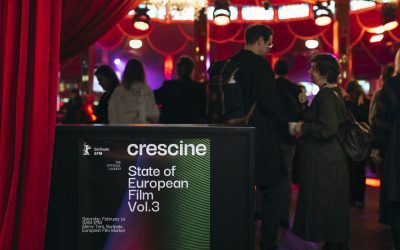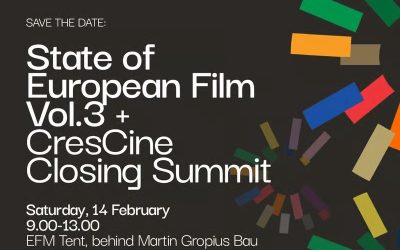Aleksandra Uzelac, PhD, Head of IRMO’s Department of Culture and Communication and CULTMED project coordinator, joined 17 more international experts in the field of culture to participate in the work of UNESCO’s Reflection Group on the Diversity of Cultural Expressions in the Digital Environment.
In light of the increasing impact of digital technologies on the cultural and creative sectors, the governing bodies of UNESCO’s 2005 Convention on the Protection and Promotion of the Diversity of Cultural Expressions initiated a process of dialogue, reflection on, and definition of common priorities, which began in 2012. As digital transformation is causing significant changes in the value chain of the cultural sector, this issue is crucial for the survival of cultural and creative ecosystems since the rapid pace at which technologies are developing today does not correlate with the time required for policymakers to respond to new challenges. These challenges include support for digital transformation, the application of artificial intelligence in culture, the impact of regulations of digital platforms, the access to cultural expressions, the discoverability of national and local cultural content, and the status of artists in the digital environment.
This Reflection Group on the Diversity of Cultural Expressions in the Digital Environment, which aims to provide some answers to the context described above, held its first meeting in Quebec City, Canada on 28 to 30 May 2024. The objective of this reflection group is to develop a set of recommendations aimed at protecting and promoting culture in the digital environment in anticipation of the 20th anniversary of UNESCO’s Convention on the Protection and Promotion of the Diversity of Cultural Expressions.
The issues addressed at the meeting covered four interrelated thematic discussions, including the promotion of the linguistic diversity of cultural content; the visibility and discoverability of national and local cultural content on digital platforms; the importance of greater and meaningful transparency on digital platforms regarding cultural issues, particularly artistic freedom; and the impact of artificial intelligence on cultural and creative industries.
A day before the meeting, on 27 May, members of the Reflection Group participated in a conference entitled Promoting our Cultures in the Digital Age – Conversations among cultural workers from here and abroad. This conference was organized by the Coalition for the Diversity of Cultural Expressions and the International Federation of Coalitions for Cultural Diversity, aligned with the thematic work programme of the UNESCO Reflection Group.
The second phase of the Reflection Group’s work is planned for November 2024, when the second working meeting, to be held in Paris, will concretize envisioned recommendations.



